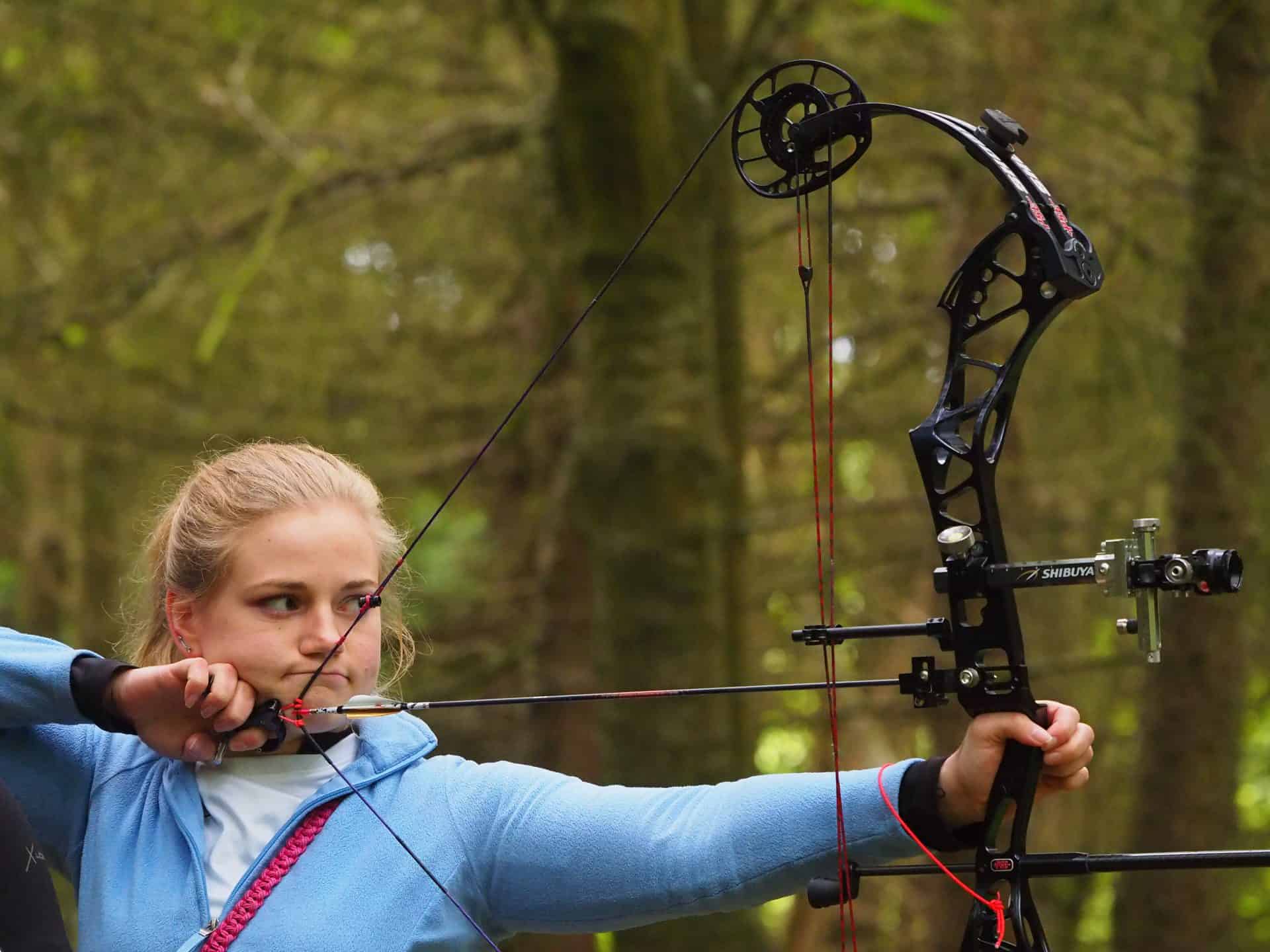We were recently challenged on the promotion of a girls-only beginners' archery course. Read our response below.

As our sport emerges from lockdowns, there is an opportunity to rebuild but also reimagine what the sport could and should look like.
Archery is an inclusive sport, but like all areas of society sometimes it can be restrictive through no fault of anyone or for any particular reason. In fact, sport generally can be inherently exclusive to those on the outside - terminology, kit, rules and regulation can all make some people feel excluded. As can feeling like you are in the minority or that people like you don't take part.
In addition, not all groups or demographics have been affected equally by the pandemic. Women, young people aged 16-24, over 75s, disabled people and people with long-term health conditions, and those from Black, Asian, and other ethnically diverse backgrounds have been most negatively impacted beyond the initial lockdown period (Understanding the impact of coronavirus, Sport England, April 2021).
The new strategy launched at the AGM - Enriching lives through archery - seeks to change perceptions of the sport. Removing perceived barriers that may be misguidedly associated with archery is key to this success.
Whilst the membership is becoming more balanced, the gender split within our current membership is still 30% female and 70% male, compared to the national average which is 51% female and 49% male.
Encouraging more women to find their way into archery and in sport and physical activity is vital if we're to close the gender gap that exists. All organisations do better when diversity is greater, and as a diverse sport, archery can attract more people that will feel welcome, gain confidence and trust those around them, and therefore stick around longer.
What is positive action?
Sometimes sections of society will need more help or encouragement than the majority. Positive action involves taking steps aimed at helping people to overcome disadvantage, different needs, under-representation or to assist in recruitment.
Positive action comes in two main forms:
Research by Sport England's This Girl Can campaign found that every barrier could be traced back to the fear of judgement. Women told Sport England they were worried about being judged on their appearance during and after exercise; on their ability, whether they were a beginner or ‘too good'; or for spending time exercising instead of prioritising their children, family or work.
The Flamestrike Archery and Stratford Town Football Club (STFC) project which launched a six-week ‘Archery for Girls' course, is an example of positive action. Archery GB fully supports this initiative to support young women to have a positive attitude to sport.
By making small changes clubs can make big differences to how women feel, for example: changing a session leader, or the location of an activity can affect women's confidence. Women told us they managed their fears by carefully selecting activities.
How else can we support women and girls in sport?
The imagery we use to promote the sport or show positive action at work could help overcome barriers and build up individual resilience to any fears. We would encourage other clubs and archery organisations to consider making changes to how they deliver archery, which in some cases may be female only sessions, and other such initiatives if their membership makeup is vastly disproportionate to the local area and society as a whole.
For those clubs that may need some financial support, please take a look at the Rebuild Activity Fund, which will prioritise inclusion to help support clubs and members - new and old - to get back to the sport on an equal footing.
Archery is an inclusive sport, sometimes without careful consideration of everyone's needs, inequalities can potentially arise, but Â"well meaning” can only take us so far. We all have a duty to make the sport fit for purpose for future generations.
What we know about sport in the UK:
Further reading